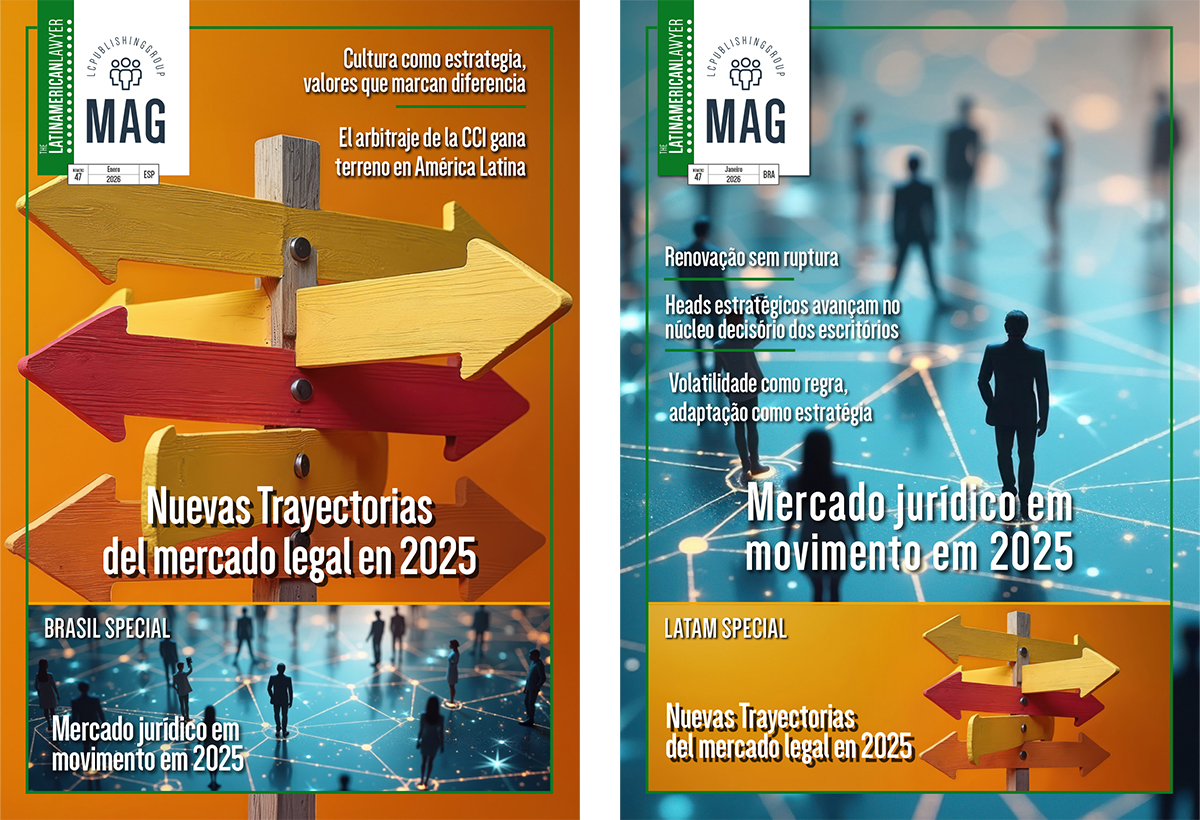Infrastructure projects are back in Brazil, even in an election year – Demarest Advogados

2017 ended with a good level of activity in infrastructure projects in Brazil and this promising trend has been confirmed so far in the new year of 2018, says Andoni Hernández Bengoa, co-head of the Iberian-American practice group at Demarest Advogados in Brazil.
 Transactions are picking up in the Brazilian market and the interest shown by local and international players is strongly increasing, he adds, pointing out to figures by the official program of public private partnerships (Programa de Parcerias de Investimentos). According to the latest numbers issued by the Brazilian government almost half (70 out of the 145 projects included in the program of public private partnerships) have been already completed. This represents approximately $45 billion of committed investment, and the remaining up to 75 projects are expected to be completed during 2018, Hernández Bengoa underlined, so there are reasons to remain optimistic even in an election year, he said.
Transactions are picking up in the Brazilian market and the interest shown by local and international players is strongly increasing, he adds, pointing out to figures by the official program of public private partnerships (Programa de Parcerias de Investimentos). According to the latest numbers issued by the Brazilian government almost half (70 out of the 145 projects included in the program of public private partnerships) have been already completed. This represents approximately $45 billion of committed investment, and the remaining up to 75 projects are expected to be completed during 2018, Hernández Bengoa underlined, so there are reasons to remain optimistic even in an election year, he said.
2018 and beyond
“It is foreseeable that major investments will be delayed or put on-hold until the political spectrum is defined in the 2018 elections,” Hernández Bengoa warns. However, this also creates optimism for potential investment growth for 2019 and beyond.
As Brazil is in need of investment in all major areas of infrastructure, the potential for growth is quite clear, he said. Opportunities for investing in the energy sector (including renewable, electricity and oil and gas exploration) as well as in logistics abound. However, not only “greenfield” projects are attracting investors but also other assets managed by distressed owners which are analysed for second-round investments. The public and private sectors are working together to find solutions to resume and boost operations of strategic projects that were impacted by the crisis and anticorruption investigations.
Another potential milestone for 2018 could be the privatization of the state-owned Eletrobras (Note from editor, the bill is being debated in the Brazilian Senate at the time of writing) Hernández Bengoa explained. “This could be a major transaction, changing the landscape of the electricity sector in Brazil,” he elaborated.
Meanwhile, deleveraging the traditional dependency of projects on publicly subsidized loans is another challenge and could create business opportunities as the Brazilian government aims to reduce the role of public banks in financing infrastructure.
Elsewhere, there are further business opportunities at the municipality level where the local governments might be looking into PPPs to finance public lighting, urban mobility and sewage/water treatment.
Brazilian law firms with international exposure have an edge
Most of the time these business opportunities require navigating complexities with careful planning as well as understanding local sensitivities and the early identification of remedies, Hernández Bengoa highlighted. “That is precisely where law firms and practitioners with international experience have a good edge to assist clients in their way through and to contribute to the reconciliation of Brazilian standards and international best practices,” he concluded.















